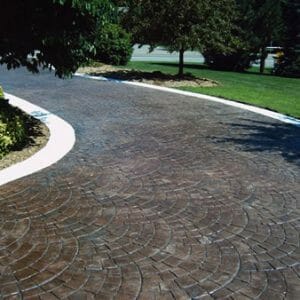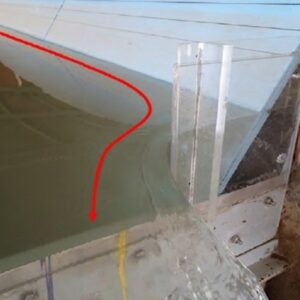E – 1819 Material Properties & Corrosion in Nuclear Power Plants
$150.00
Courses Included
The purpose of this course is to briefly introduce several material properties and failure modes. A better understanding of these failure mechanisms will enable more appropriate decisions when selecting materials for a particular application. Even a basic knowledge and awareness can help design engineers to be better equipped in delaying or preventing the failure of a material or component.
Some general causes for failure are structural loading, wear, corrosion, and latent defects. Because most engineering materials contain discontinuities most metal fatigue cracks initiate from discontinuities in highly stressed regions of the component. Failure can occur in systems with moving or non-moving parts. In systems with moving parts, friction often leads to material degradation such as wear, and collisions between two components can result in surface or more extensive material damage. Systems with non-moving parts are also prone to material failure, especially when certain types of materials operate over a broad range of pressures and are subjected to extreme temperature changes or to high energy radiation environments.
This 6 – hour course discusses properties and behavior of materials related to nuclear power reactors. This course is based entirely on CNSC training course, Science & Reactor Fundamentals, titled “Materials” and is extracted from Canteach knowledge repository – http://canteach.candu.org/






